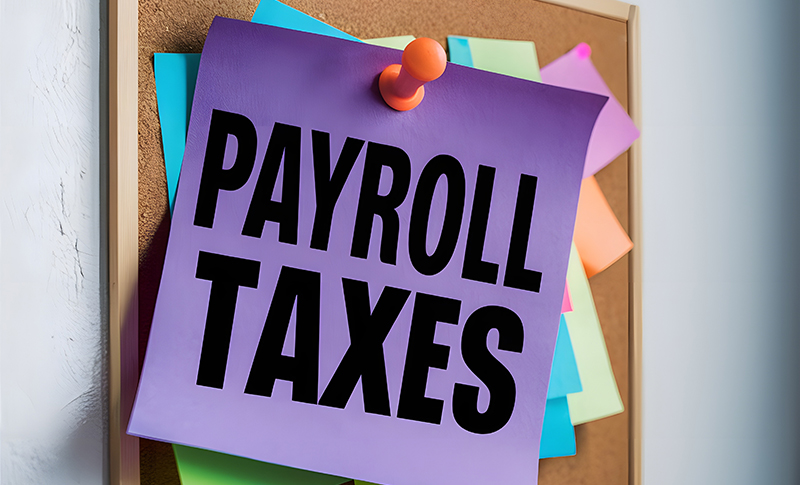Is investing in a 529 plan the right thing for you?
January, 29 2015 by Barbara Segebart
If you have started a family, you know there are many things to take into consideration, including planning for your child’s education. However, before you start, you should try to take care of your own financial responsibilities. Credit card debt, car and student loans should be addressed. Are you contributing the maximum amount to your retirement? If not, perhaps address that too! After you have these responsibilities considered, you should then explore whether a 529 plan is right for you and your child.
A 529 plan (also known as a Qualified Tuition Program or QTP) is a tax-advantaged* account that you can use to save for your child’s education. There are two types of 529 plans: prepaid plans and savings plans. Prepaid plans allow you to buy tuition credits at current tuition rates and use them in the future. With this option, you hedge your bets against tuition inflation, while the performance of savings plans is based on the growth of the underlying investments. Both states and higher education institutions administer prepaid plans, but only states handle the savings plans.
In addition, there can be significant state tax advantages (along with other benefits) when you participate in these plans, such as matching grant and scholarship opportunities, protection from creditors, and exemption from state financial aid calculations for investors who invest in 529 plans in their state of residence, are all benefits enjoyed by participants in these plans. Qualified distributions from 529 plans for qualified higher education expenses are exempt from federal income tax as well. If you withdraw money from a 529 plan and do not use it on an eligible college expense, you generally will be subject to income tax and an additional 10% federal tax on the earnings. However, this may not be a bad deal. One significant advantage to a 529 plan is that if the money goes unused by the beneficiary of the plan, you can use it for other resources. With most types of other plans used to save money for college, such as Coverdell Education Savings Accounts and Uniform Gifts to Minors Trusts (UGMAs), the ownership of the money goes to the child, whether they use if for education or not. With 529 plans, you can designate a new beneficiary, your other children, grandchildren, or other close relatives. Or you can even tap into the money yourself for retirement purposes - although you will pay the above-mentioned 10% additional tax on the earnings withdrawn (withdrawals are always allocated between contributions and earnings).
College costs continue to skyrocket and most families need every advantage they can get to make the college dream a reality. It’s up to you to decide if a 529 is right for you and your children.
*In his 2015 State of the Union address, President Obama proposed the elimination of the tax break on 529 savings plans. If you are considering a 529 plan, be sure to take into account the possibility that your investment profits could be taxable on your federal tax return in the future.




